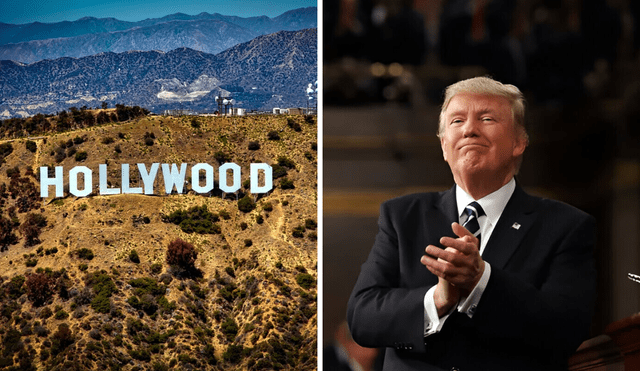International films will cost more: Trump announces 100% tariff on all foreign-made films to boost U.S. film industry
The president Trump says the tariffs aim to protect national security and revive Hollywood, accusing foreign governments of undermining American film production.

President Donald Trump announced on Sunday plans to impose a 100% tariff on all foreign-made films imported into the United States. The move, according to Trump, is intended to stimulate domestic film production and defend Hollywood from what he described as foreign "propaganda" and economic manipulation.
In a post on Truth Social, Trump claimed that other nations were offering financial incentives to lure filmmakers and studios away from the U.S., calling it a coordinated attack on America’s creative industry. “Hollywood and other parts of the U.S. are being devastated,” he wrote, declaring the situation a national security threat.
A direct challenge to global film trade
Trump said he had authorized the U.S. Department of Commerce and the U.S. Trade Representative to begin the process of establishing the new tariff policy immediately. During remarks at the White House, he blamed the decline of film production in California on Governor Gavin Newsom, asserting that foreign competition and lack of local support had led to Hollywood's recent struggles.
“If they won’t make the movies here, we should charge a tariff when they come in,” Trump said. “I can tell you this — filmmakers love it.” Despite a rise of nearly 19% in feature film production in Los Angeles last year, the overall number of film, TV, and commercial projects remains below average. A report from FilmLA cites competitive tax incentives in the UK, Canada, New York, and Georgia as key reasons for the shift in production.
Political moves and industry reactions
In January, Trump appointed actors Jon Voight, Mel Gibson, and Sylvester Stallone as special Hollywood ambassadors, claiming the U.S. film industry had “lost a lot of business to foreign countries” over the past four years. Voight and his representative, Steven Paul, have reportedly planned to present Trump with strategies to boost domestic film and television production, though it remains unclear if such a meeting has taken place.
The Motion Picture Association (MPA), which represents major Hollywood studios, declined to comment on the proposed tariffs. In its most recent economic report, the MPA found that the U.S. film industry still maintains a positive trade balance in global markets. Meanwhile, China, which last month imposed its own tariffs on U.S. films, has seen declining box office revenue, limiting the impact of those measures.













